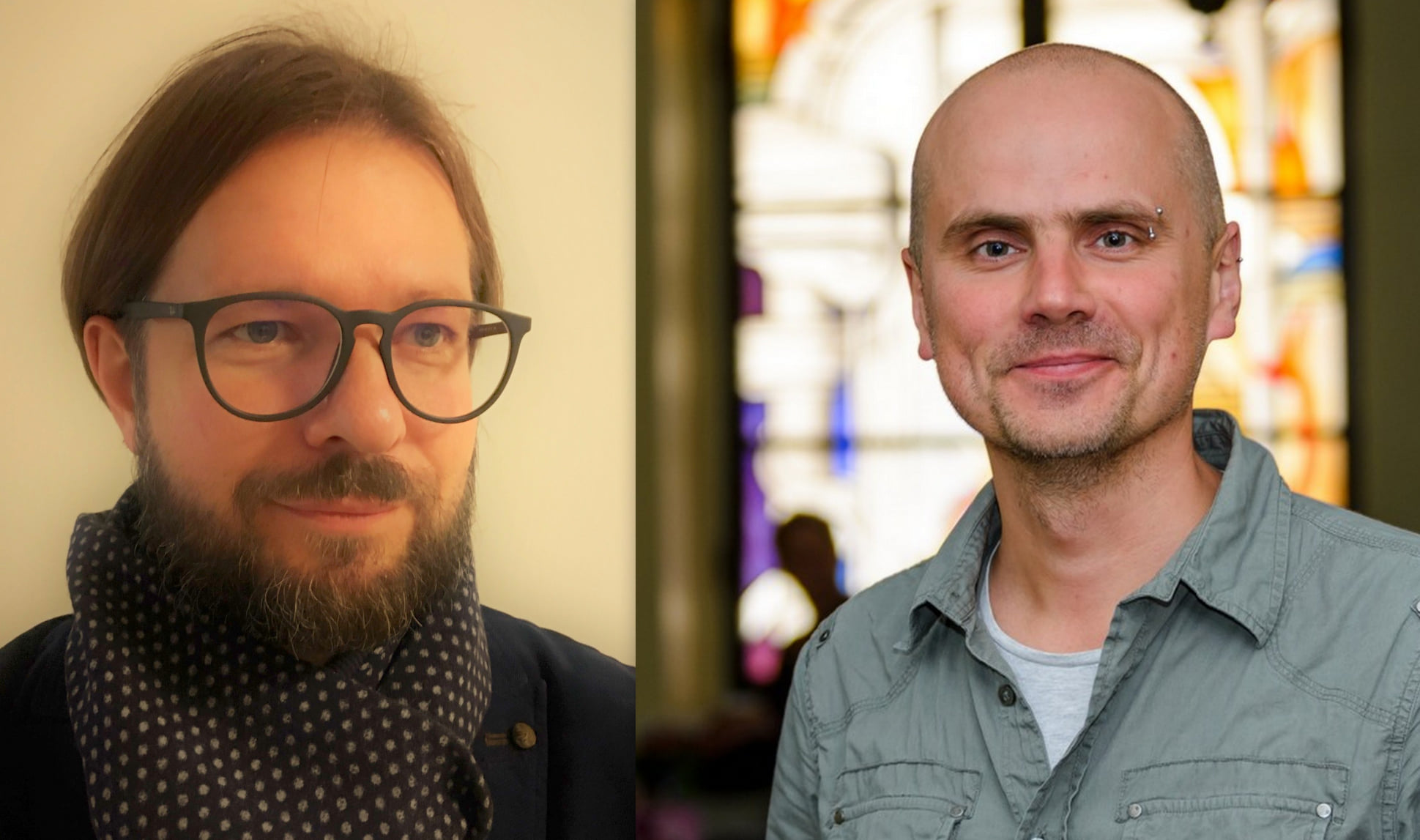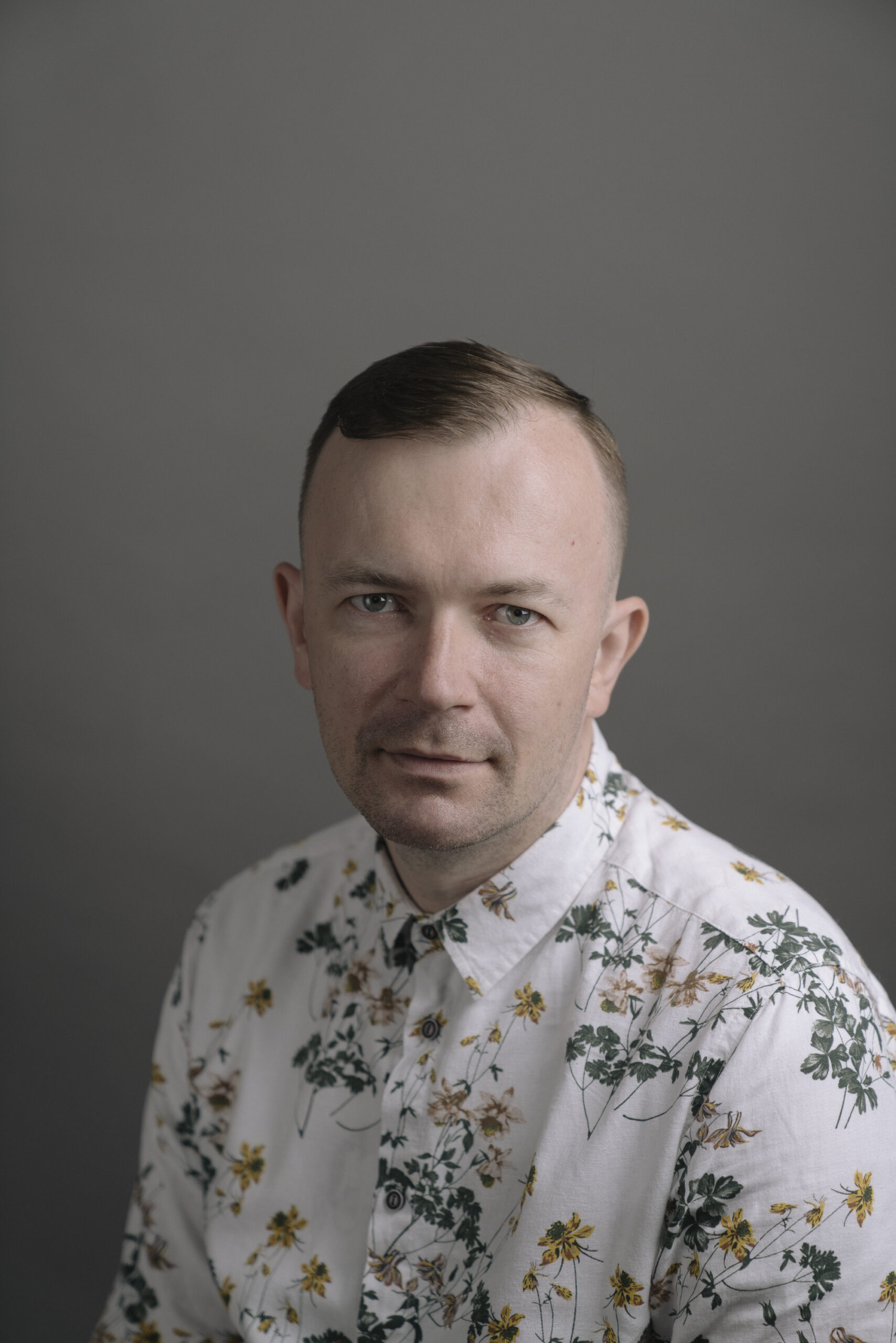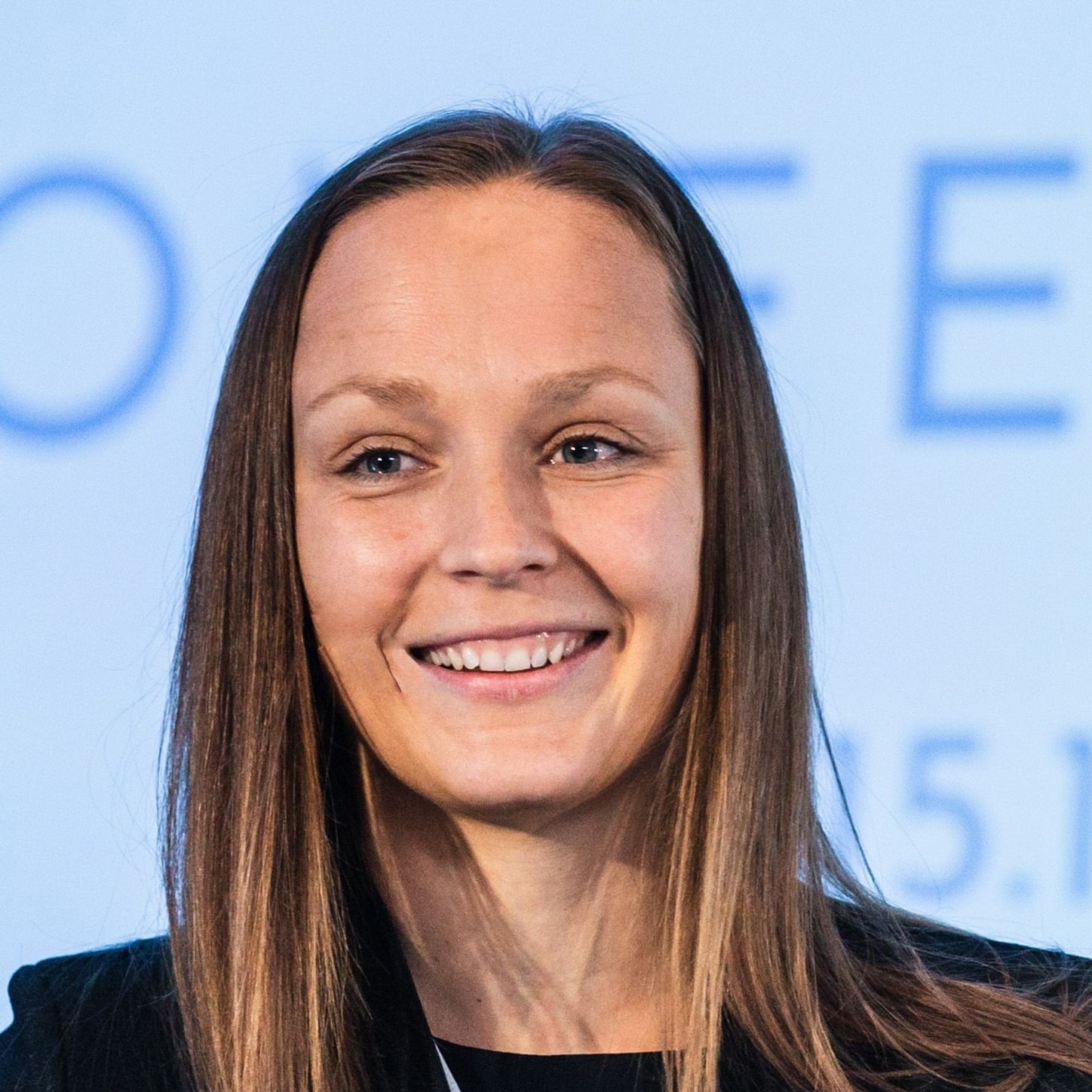BALTIC STUDENT CONFERENCE BRIDGES IN THE BALTICS
Vilnius 2021
The 8th Baltic Student Conference “Bridges in the Baltics” was held on October 22-23, 2021, in Vilnius, Lithuania and was organized by University of Vilnius.
The student conference hosted approximately 50 students from 7 countries. In addition to student presentations, three plenary lectures were held.

Plenary speakers
 We are happy to present the speakers of the first plenary session of the conference – philosophers Aldis Gedutis and Kęstas Kirtiklis from Lithuania.
We are happy to present the speakers of the first plenary session of the conference – philosophers Aldis Gedutis and Kęstas Kirtiklis from Lithuania.
Their talk “The Humanities as a Martial Art: 14+ Ways of Self-Defence” is scheduled for Friday, 22 October at 10.00am.
Gedutis & Kirtiklis state that the recent decades have witnessed rapid transformations of the global academia, which are quite often perceived as an assault on the humanities. Various groups put pressure on the humanities, demanding to justify their very existence in the contemporary world where the neoliberal grand narrative of economic value seems to prevail. And this is where self-defense begins.
Latvian poet Kārlis Vērdiņš is one of the plenary speakers of the conference this year. Everyone is welcome to listen to his talk “Canonization Post Factum: Baltic Fiction in Central European Classics Series” which is scheduled for Friday, 22 October at 4.30pm.
Conference abstract:  After the regaining of independence in 1991, all three Baltic literatures have experienced an increasing amount of translations in other languages. In 1993, Central European University Press in Budapest founded its Central European Classics book series which both attempted to revisit the canon of Central and Eastern European modern literature and “to take these works of nineteenth- and early twentieth-century classic fiction ‘out of the ghetto,’ onto the shelves of Western booksellers, and into the consciousness of Western readers.” Among nineteen translations of fiction, published so far, there are works by three Baltic authors: selections of short stories by Friedebert Tuglas and Jānis Ezeriņš as well as a novel by Kazys Boruta. These three Baltic writers have each his history of national literary fame, influenced by the political shifts of Baltic history of the 20th century, which occasionally spills over the national borders. All of them were more or less involved in the process of circulation of Baltic literature among the three states, and all of them have a bibliography of translations in Baltic languages as well as in other literary markets. However, it is not easy to imagine them “going viral,” i.e., suddenly acquiring the status of canonized international writers whose work would irreversibly change the consciousness of Western readers. To present them to the 21st-century readers as Baltic classics is a challenging task. Firstly, their work usually is defined in terms of their literary influences: major European writers of the past or the strong influence of peasant culture and folklore in their work. Secondly, Baltic contemporary literature seems to be seen by the western reader first of all as a depository of tragic and traumatic stories about the cruelty of history, mass deportations, two world wars, as well as Nazi and Soviet occupations. Read against such contemporary narratives, works by Tuglas, Ezeriņš and Boruta might seem not “authentic” enough or too “local” as those writers are not conforming to such stereotypes.
After the regaining of independence in 1991, all three Baltic literatures have experienced an increasing amount of translations in other languages. In 1993, Central European University Press in Budapest founded its Central European Classics book series which both attempted to revisit the canon of Central and Eastern European modern literature and “to take these works of nineteenth- and early twentieth-century classic fiction ‘out of the ghetto,’ onto the shelves of Western booksellers, and into the consciousness of Western readers.” Among nineteen translations of fiction, published so far, there are works by three Baltic authors: selections of short stories by Friedebert Tuglas and Jānis Ezeriņš as well as a novel by Kazys Boruta. These three Baltic writers have each his history of national literary fame, influenced by the political shifts of Baltic history of the 20th century, which occasionally spills over the national borders. All of them were more or less involved in the process of circulation of Baltic literature among the three states, and all of them have a bibliography of translations in Baltic languages as well as in other literary markets. However, it is not easy to imagine them “going viral,” i.e., suddenly acquiring the status of canonized international writers whose work would irreversibly change the consciousness of Western readers. To present them to the 21st-century readers as Baltic classics is a challenging task. Firstly, their work usually is defined in terms of their literary influences: major European writers of the past or the strong influence of peasant culture and folklore in their work. Secondly, Baltic contemporary literature seems to be seen by the western reader first of all as a depository of tragic and traumatic stories about the cruelty of history, mass deportations, two world wars, as well as Nazi and Soviet occupations. Read against such contemporary narratives, works by Tuglas, Ezeriņš and Boruta might seem not “authentic” enough or too “local” as those writers are not conforming to such stereotypes.
 Kerttu Rozenvalde is currently working as a research fellow of language policy at the University of Tartu. Her academic interests include language issues in society, which she has mainly approached through analysing language policies in higher education. She is currently conducting research on language use and ideologies in a multilingual university in Estonia to understand the relationship between the sustainability of Estonian as language of higher education, and multilingual language use in university.
Kerttu Rozenvalde is currently working as a research fellow of language policy at the University of Tartu. Her academic interests include language issues in society, which she has mainly approached through analysing language policies in higher education. She is currently conducting research on language use and ideologies in a multilingual university in Estonia to understand the relationship between the sustainability of Estonian as language of higher education, and multilingual language use in university.
Her talk “The State of Latvia – Preserver and Developer of Latvian as Language of Higher Education?” is scheduled for Saturday, 23 October at 11.30am.
Short abstract of her talk:
In my presentation I will investigate the positions of state policymakers in Latvia on the use of Latvian, English, and Russian in higher education. By using argumentation analysis, I will explore policymakers’ statements in two recently held public debates: on the use of Russian as a medium of instruction and on the use of English as a language of doctoral theses. I will show that the main difference of opinion among policymakers is about the role of the state in conducting language policies in universities. This explains the question mark in the title of my presentation: is the state of Latvia acting today in the interest of preserving and developing Latvian as language of higher education, and should the state be doing it?


